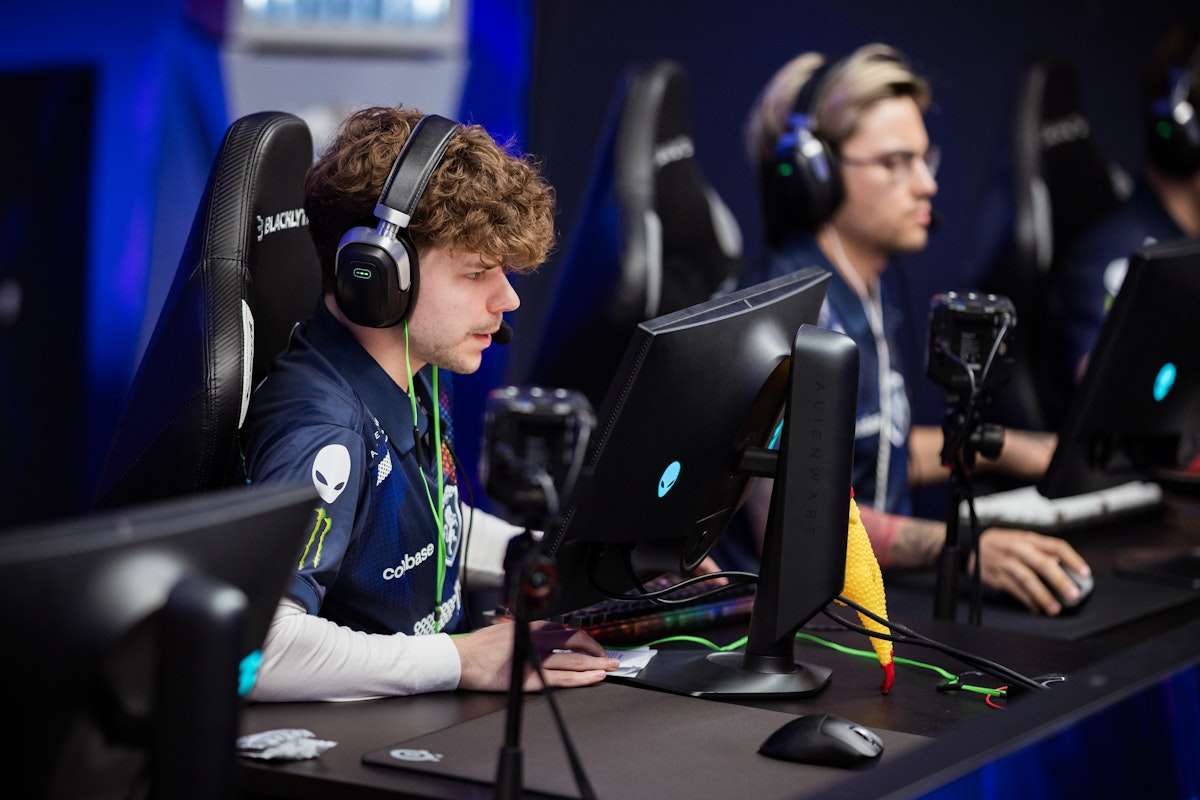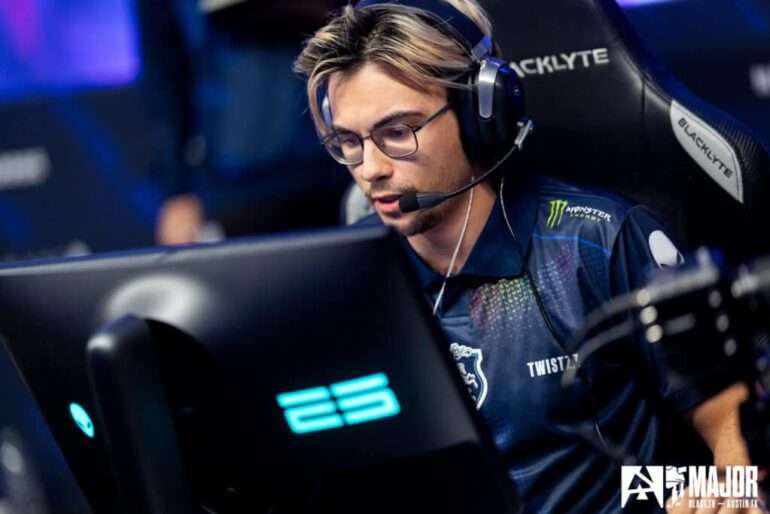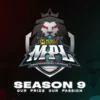Team Liquid entered the BLAST.tv Austin Major 2025, carrying the weight of North American Counter-Strike expectations on their shoulders. As one of the region’s most prestigious organizations and a perennial top-10 team globally, Liquid was expected to make a deep playoff run at the Moody Center in Austin, Texas. However, their tournament journey has taken a dramatic turn for the worse, leaving fans and analysts questioning whether this could be the end of the road for the current roster.
The Major, which marks the first Counter-Strike championship held in the United States since Boston 2018, represents a homecoming opportunity for the North American squad. With a massive $1,250,000 prize pool and 32 teams competing for glory, the stakes couldn’t be higher. Yet Liquid’s performance has been nothing short of catastrophic, suffering defeats that have placed them on the brink of elimination before even reaching the playoff stage.
Their 0-2 start in Stage 3 has sent waves through the Counter-Strike community. Losses to Lynn Vision Gaming and The MongolZ have exposed fundamental weaknesses in the team’s structure, strategy, and individual performances. What makes these defeats particularly damaging is the nature of the opponents – while The MongolZ are a respectable team, losing to Lynn Vision, a Chinese squad, represents a significant upset for a team of Liquid’s caliber and ranking.
The pressure is now immense as they face MOUZ in what could be their final match of the tournament. One more loss will send the North American organization crashing out of the Major in devastating fashion, marking one of the most disappointing performances in their recent history.
Current Tournament Standing and Elimination Scenario
Team Liquid’s position at the BLAST.tv Austin Major 2025 is precarious. Their 0-2 record in Stage 3 means they must win three consecutive matches to advance to the playoffs – a daunting task against elite competition. The Swiss system format used in Stage 3 means that teams with three losses are eliminated from the tournament entirely.

Their upcoming match against MOUZ represents a do-or-die situation. MOUZ, despite also starting 0-2 after losses to Virtus.pro and FaZe Clan, enters as the heavy favorite due to their superior form throughout 2025 and their status as the world’s number two team. The head-to-head record heavily favors MOUZ, which has defeated Liquid in two of their three encounters this season.
Roster Issues and Performance Concerns
The team’s struggles extend beyond just tournament results. Recent analysis suggests that not every player in the current lineup is performing at the required level or feeling comfortable in their assigned roles. The addition of Kamil “siuhy” Szkaradek on a permanent contract was meant to provide stability and leadership, but the results haven’t materialized as expected.
Keith “NAF” Markovic, once considered one of North America’s premier players, has been experiencing career-low form throughout 2025. This decline in performance from a key player has significantly impacted the team’s effectiveness and ability to compete at the highest level.
Additionally, the team is currently operating without a proper coach, relying on Jay “DeMars DeRover” Li as a temporary stand-in. Li, primarily a data analyst with no coaching experience, appears uncomfortable in the role and hasn’t provided the tactical guidance the team desperately needs.
Regional Implications and Future Roster Decisions
Valve’s new regional rules add another layer of complexity to Liquid’s situation. To maintain their American region slot, the organization must carefully consider any future roster changes. The current rules state that teams need at least three players from the Americas or two Americans and two Asians to retain their regional status.
This restriction limits Liquid’s options for potential roster improvements, particularly in finding a replacement AWPer if needed. They cannot simply recruit any European player without risking their American regional classification, which could have significant implications for future tournament qualifications and slots.
The poor 2025 results, combined with these regulatory constraints, suggest that major roster changes are inevitable during the upcoming summer transfer period. The organization must act decisively to rebuild the team while these complex regional requirements.




